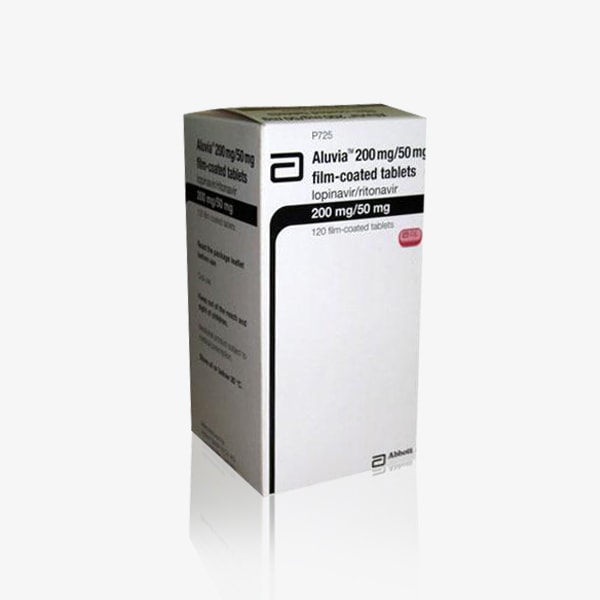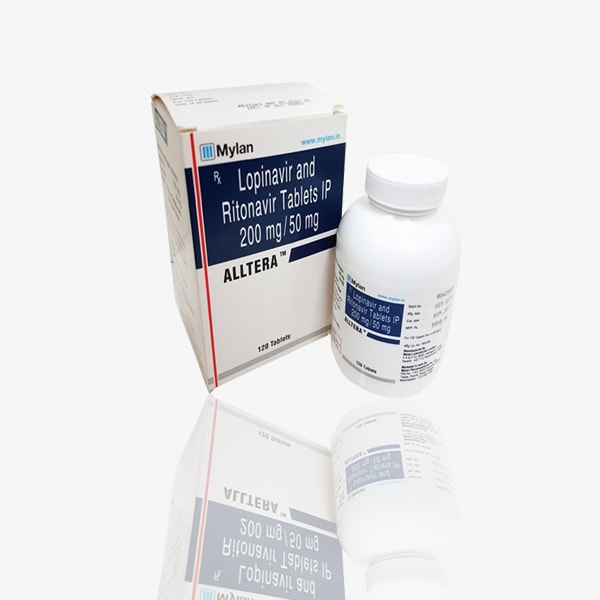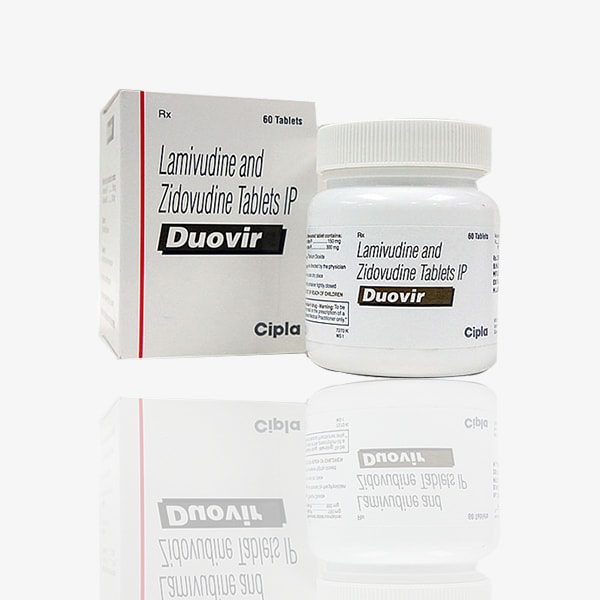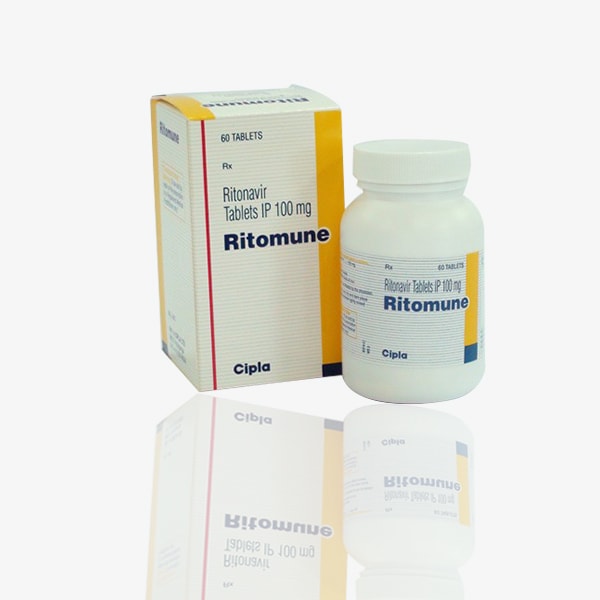

Buy Aluvia : Lopinavir & Ritonavir Tablet 120’S Online
$76.87
Brand Name : Aluvia
Composition : Lopinavir & Ritonavir
Manufactured by : Abbott India Ltd.
Strength : Lopinavir 200mg & Ritonavir 50mg
Form : Tablet
Packing : Pack of 120 Tablets
Prescription Required *

Buy Aluvia : Lopinavir & Ritonavir Tablet 120’S Online
$76.87
- Description
- Reviews (0)
Description
Description: Aluvia is a combination medication containing two active ingredients, Lopinavir, and Ritonavir. It is available in tablet form and is used in the treatment of human immunodeficiency virus (HIV) infection. Lopinavir is a protease inhibitor, while Ritonavir is a pharmacokinetic enhancer that increases the plasma concentration of lopinavir by inhibiting its metabolism.
Uses: Aluvia is primarily prescribed for the treatment of HIV-1 infection in adults and pediatric patients. It is indicated for use in combination with other antiretroviral medications as part of highly active antiretroviral therapy (HAART) regimens.
How to Use: Aluvia tablets are taken orally, usually with food to enhance absorption. The dosage and frequency of administration may vary depending on factors such as the patient’s weight, HIV viral load, and prior treatment history. It is essential for patients to follow their healthcare provider’s instructions carefully and to take the medication consistently to achieve optimal treatment outcomes.
Storage Conditions: Aluvia tablets should be stored at room temperature, away from moisture, heat, and direct sunlight. It is important to keep the medication in its original packaging and to store it out of reach of children and pets.
Mechanism of Action: The combination of Lopinavir and Ritonavir works by inhibiting the activity of the HIV-1 protease enzyme, which is essential for the cleavage of viral polyproteins into functional proteins required for viral replication. Ritonavir enhances the plasma concentration of lopinavir by inhibiting its metabolism, allowing for sustained antiviral activity.
Precautions:
- Patients should be monitored regularly for HIV viral load, CD4 cell count, and for signs of adverse reactions during treatment with Aluvia.
- Aluvia should be used with caution in patients with pre-existing liver disease or risk factors for liver toxicity.
Contraindications: Aluvia is contraindicated in patients with a known hypersensitivity to Lopinavir, Ritonavir, or any of the excipients in the formulation. It is also contraindicated in patients taking certain medications that may interact with lopinavir or ritonavir.
Drug Interactions: Aluvia may interact with a wide range of medications, including other antiretroviral drugs, antibiotics, antifungal agents, and drugs metabolized by the cytochrome P450 enzyme system. Patients should inform their healthcare provider about all medications they are taking to avoid potential interactions.
Side Effects: Common side effects of Aluvia may include gastrointestinal disturbances such as nausea, vomiting, diarrhea, and abdominal discomfort. Other potential side effects include lipid abnormalities, changes in blood glucose levels, and skin rash. Serious adverse reactions such as hepatotoxicity and pancreatitis may occur but are rare.
Patients should consult their healthcare provider for personalized advice and information regarding Aluvia, including its uses, dosage, and potential side effects.
Be the first to review “Buy Aluvia : Lopinavir & Ritonavir Tablet 120’S Online” Cancel reply
Related Products
Buy Alltera : Ritonavir & Lopinavir Tablets Online
Total Sales: 0
SKU: 817116
Buy Anzavir R : Atazanavir & Ritonavir Tablets Online
Total Sales: 0
SKU: 731346
Buy Duovir : Lamivudine & Zidovudine Tablets Online
Total Sales: 0
SKU: 115222
Buy Nelvir : Nelfinavir 250 mg Tablets Online
Total Sales: 0
SKU: 577526
Buy Ritomune : Ritonavir 100 mg Tablets Online
Total Sales: 0
SKU: 318178








Reviews
There are no reviews yet.